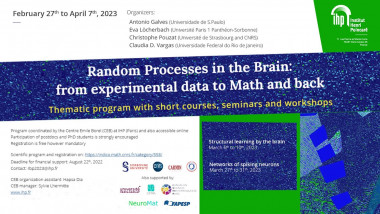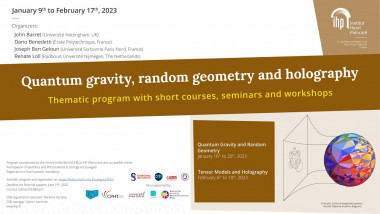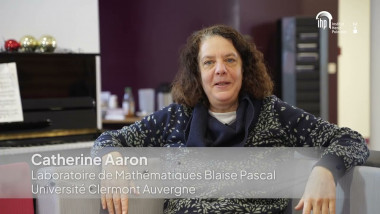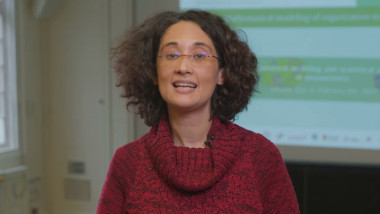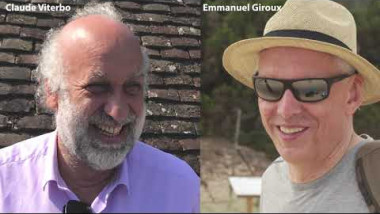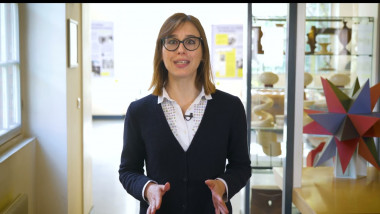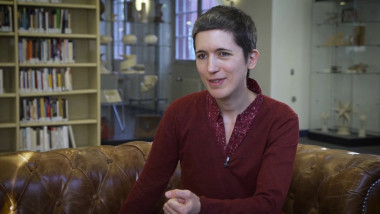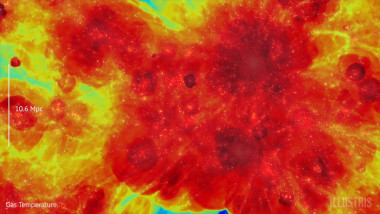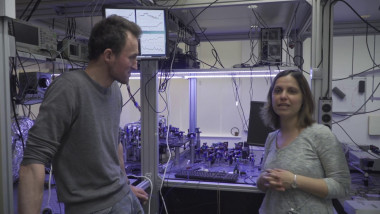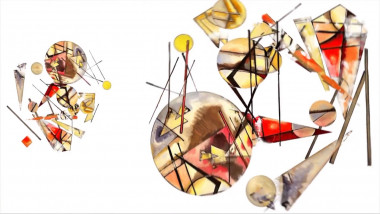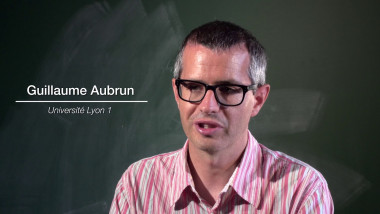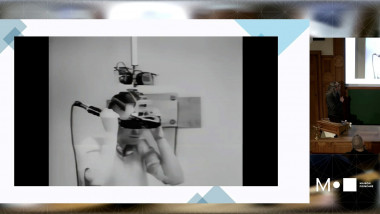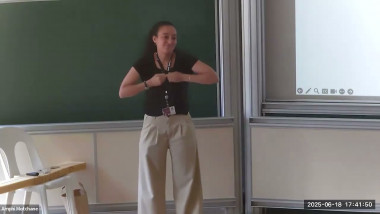Présentation of the T3 2013 : "Gravasco"
By Jérôme Pérez
Also appears in collection : 2013 - T3 - N-body gravitational dynamical systems from N = 2 to ∞
Whereas celestial mechanics has a long history, the fact that Universe, galaxies and stars clusters are dynamical objects appeared in the scientific environement in the middle of the first half of the twentieth century. It is clear that gravitational interaction is a common denominator of these scientific domains. Gravitational dynamics of N-Body systems is now a wide and active domain of research including mathematicians, physicists and also engineers. The kinetic models stem from statistical physics obviously imposed themselves to describe the dynamics and the evolution of these so-called self-gravitating systems. They are still relevant today. Nonetheless, the gravitational interaction's characteristics make this description trickier than what was expected. The absence of gravitational screening produces inhomogeneity as a rule. As gravitation is purely attractive, there is generically no global stability at small scales. Finally, the huge dynamical range at play drastically complicates the numerical study of gravitationnal systems. Three scientific communities work on gravitational dynamics:
Mathematicians, who concentrate on the kinetical equations and N-Body problems; Physicists, focusing on statistical physics of long range interactions in complex systems; Astrophysicists and cosmologists, who study dynamics of stellar systems, globular clusters, galaxies and large structures in the Universe.
The main aim of this trimester is to link these communities around these topics.













